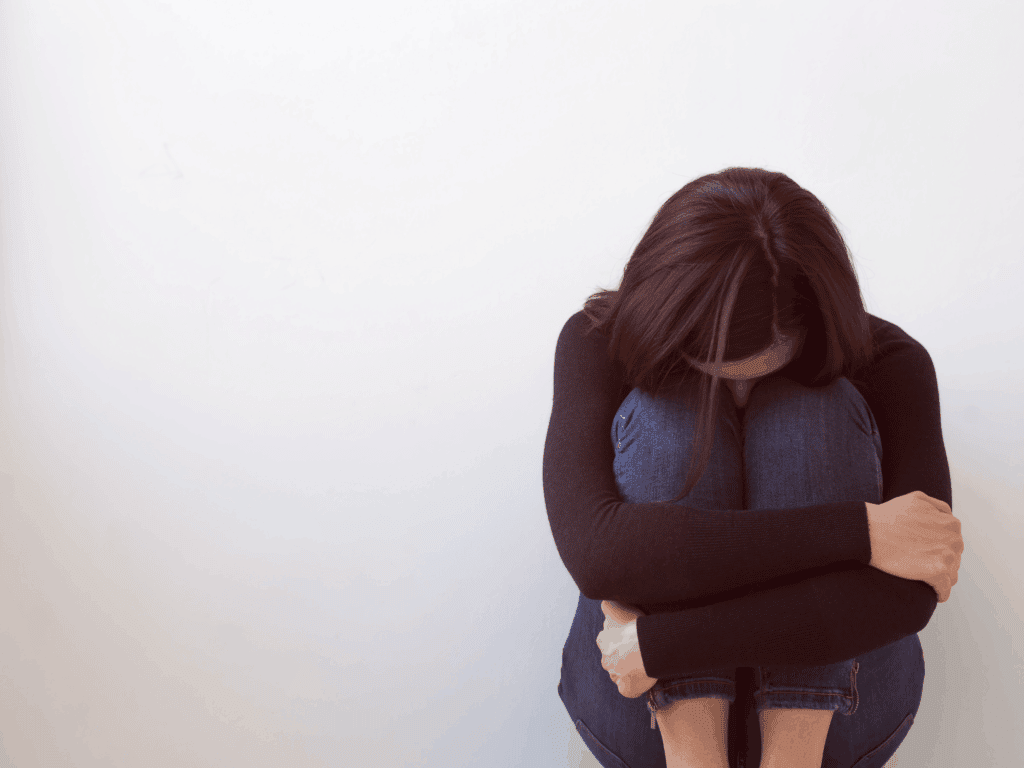In many cases, shame and guilt play a major role in both addiction development and the continuation of a substance abuse problem. Both of these emotions are highly dangerous, especially if they are not talked through and properly processed. Keeping emotions such as shame and guilt bottled up inside will only perpetuate psychological distress, often leading to the misuse of substances such as drugs and alcohol.
Shame is often considered to be a more affluent player in the world of addiction, as it tends to cause the development of more addictions that most other emotions. The main reason why shame perpetuates addiction development is because when someone is experiencing shame, he or she is degrading themselves because of something that have done that in their minds is shameful. This can include calling himself or herself names, taking all the blame to a personal level and negatively judging themselves against others. If shame is something that occurs on a regular basis, an individual can easily begin speaking these emotions into existence, which can fuel their likelihood of developing an addiction as a coping mechanism. These feelings can also perpetuate violent or other unsettling behaviors that bring about negative consequences that also fuel addiction development.
Unlike shame, guilt develops when a person feels bad about something they did, rather than feel bad about themselves. Guilt often leads to over-compensation in all areas of an individual’s life, especially when it comes to making up for something that they feel guilty about. This more or so leads to issues with perfectionism and pleasing others, which while is not as notably harmful as feelings of shame in terms of addiction, can spark psychological issues that can result in addiction development. For example, striving to be perfect at everything in response to feeling guilty can create unattainable expectations for an individual to reach, often resulting in major let downs across the board. These let downs can begin to erode at an individual’s self-esteem, making them more likely to abuse substances to cope with their inability to be perfect.
Both shame and guilt play a significant role in the development of addiction. Whether It be because he or she feels as though they are worthless or that they are unable to live up to expectations they have placed onto themselves, both of these emotional responses can fuel all kinds of addiction problems. Therefore, it is important that those individuals who are struggling with shame and/or guilt reach out to obtain the therapeutic care they need to prevent themselves from allowing their emotional responses to dictate how they will cope with their feelings in the future.
Author
-

President, CEO & Founder at Northbound Treatment Network
Paul Alexander is the CEO, President & Founder of Northbound Treatment Network in Newport Beach, California. He believes wholeheartedly in transformational leadership, organizational health and effective, fully integrated substance use disorder and mental health treatment. With over 27 years of experience in behavioral healthcare, Paul has extensive knowledge of “in vivo” treatment modalities, clinical development, operations, strategy, marketing and financial planning. He has been widely recognized for his development of collegiate-based residential treatment programs for students in recovery and authored a research study at The University of California confirming this modality’s effectiveness.
Paul’s comprehensive professional experience, willingness to innovate, and emphasis on organizational health are vital factors in Northbound’s continued success. Paul received his Certified Addiction Treatment Specialist training at Saddleback College in Mission Viejo, CA, and was awarded Outstanding Alumni Service Award in 2002. Paul holds a Bachelor of Arts degree in Criminology, Law and Society, Summa Cum Laude, from University of California, Irvine, and a Juris Doctorate degree from Loyola Law School of Los Angeles. Paul currently serves on The National Association of Addiction Treatment Providers (NAATP) board. In addition, he serves on The Family Recovery Foundation board and The CarePossible board in Orange County; both organizations are committed to raising funds for family recovery and treatment for former military personnel. Paul is in recovery himself and lives in Orange County with his wife Silvana and his two young sons, Noah and Dean.







